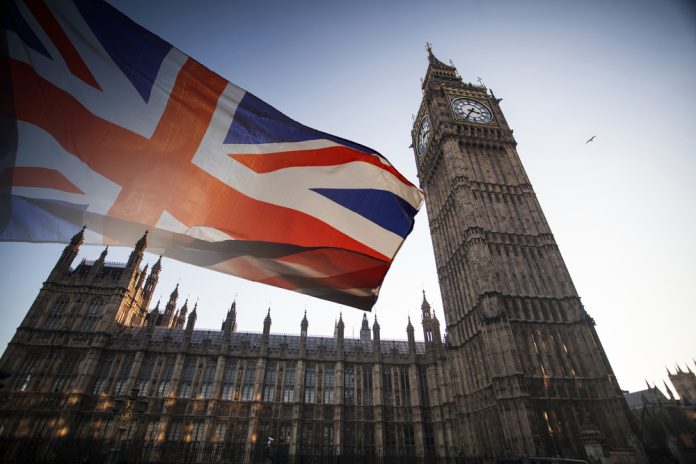The UK inflation rate has hit the Bank of England’s 2% target for the first time in three years as the country’s economy looks to revive from years of constraint.
The Office for National Statistics confirmed that the 2% figure see’s it fall lower than April’s 2.3% rate that occurred last May.
In other areas, inflation dropped from 3.9% to 3.5% for the goods sector, excluding prices for fuel, alcohol, etc. Meanwhile, inflation in the services sector also dropped from 5.9% to 5.7% as the UK continues to battle various global factors.
Food price inflation now stands at 1.7%, a welcome sign to all Brits who have had to tend with rising prices in the wake of a global economic decline since early 2022. This was backed by grocery bill prices falling 0.3% last May.
Clothing inflation also saw a decline, from 3.7% to 3%, whilst hospitality inflation fell 6% to 5.8%, and recreation and culture dropped to 3.9% from 4.4%.
Furthermore, consumers are now spending with more flexibility due to the pay rise annual rate rising to 6%.
The UK government was on course to see it meet the Bank of England’s 2% target at the beginning of the year, when inflation stood at 4%. Matching this target will bring great relief to the Conservative Party in the lead-up to the general election on 4 July.
Impacted by macroeconomic and domestic factors, the UK’s inflation rate peaked at 11.1% in October 2022 as the cost-of-living crisis within the country severely hurt the pockets of consumers and small businesses alike.
Throughout much of 2023, the rate remained stable around 5.25% as it was recovering from the year prior but whilst the government has reached its target, there are still some causes for concern regarding food and fuel prices.
Food prices continue to be high, 25% higher than that of early 2022 before the onset of the global economic decline. Petrol also remains high too and is thought to be rising in the coming months.
Whilst the Conservative Party and PM Rishi Sunak will no doubt highlight this 2% inflation rate as a success in the lead up to the election, many financial analysts and experts believe the country is still a long way from reaching back to pre-2022 levels.
Economic recovery has been a major talking point for both the Conservative and Labour Parties, with both also highlighting the development and usage of artificial intelligence (AI) as a key future growth driver.
In the current UK election polls, Labour leads a considerable 42% lead over the Conservatives (21%).























